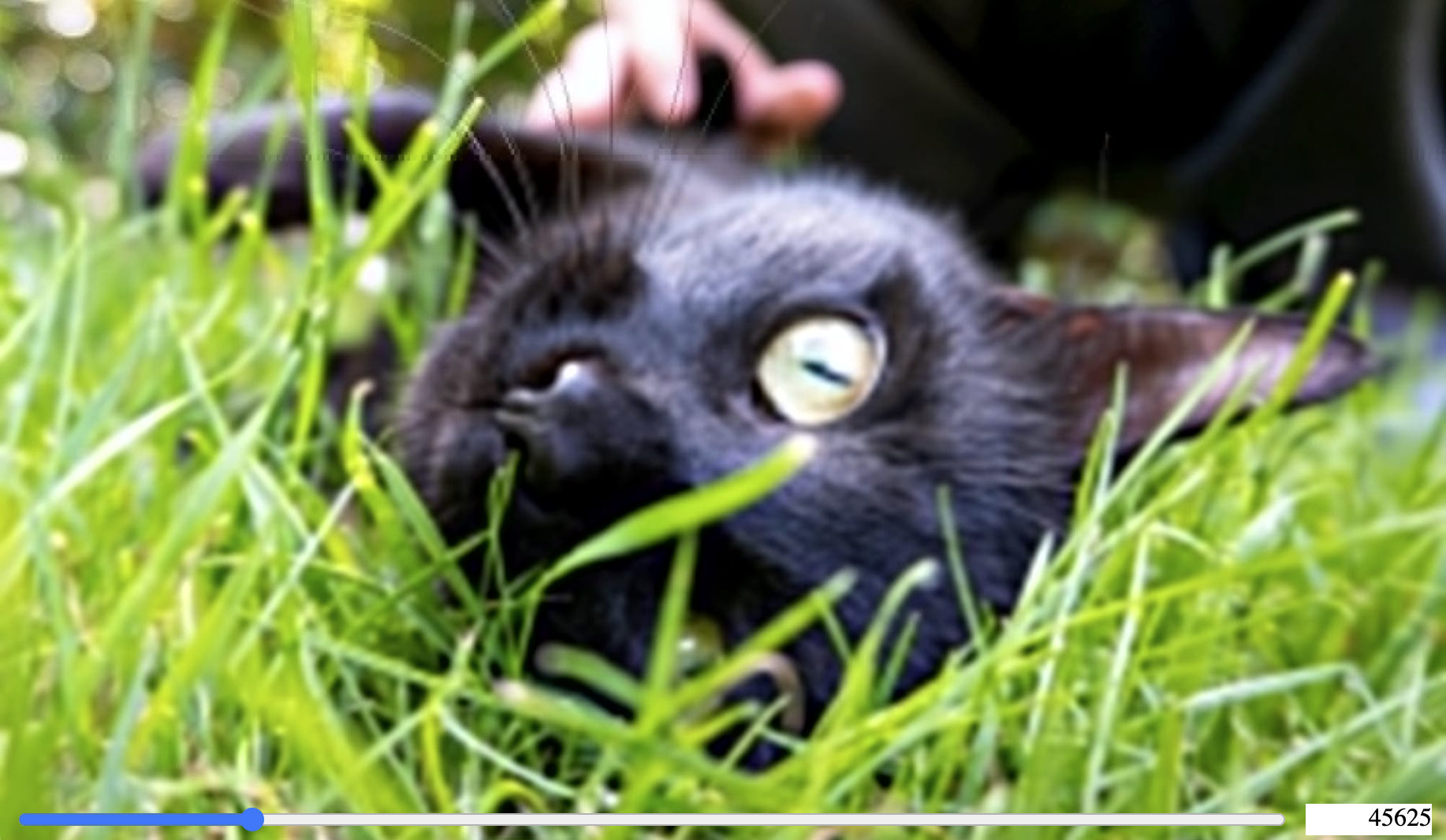New issue
Have a question about this project? Sign up for a free GitHub account to open an issue and contact its maintainers and the community.
By clicking “Sign up for GitHub”, you agree to our terms of service and privacy statement. We’ll occasionally send you account related emails.
Already on GitHub? Sign in to your account
Falls back to blocky decoding when one pass is interrupted by another #521
Comments
|
Thank you for finding that! The fact that it is not a problem with truncation points towards being caused by skipping scans when decoding, e.g. displaying the 7th scan on top and the 1st scan (DC only) on the bottom, perhaps this has something to do with what |
|
It's probably expected behavior, the result of not enough information yet being decoded to support block smoothing. I'll investigate, though. |
|
The app has a couple of options:
Only the former recreates the bug. I think this is because multiple scans are rendered in the former, but not the latter. The latter produces the same partial image, but without the blockiness. Given that they're working with the same amount of data, I think something else is going on here. |
|
OK, well, in that case, someone else needs to investigate it and figure out whether it's actually a bug in libjpeg-turbo. It takes a while for me to dig into these block smoothing issues, and since the specific funding for that feature has been exhausted, I'm not willing to spend any of the General Fund on this unless it can be shown to be a legitimate issue. |
|
The first variation where no interpolated AC coefficients are preserved for area which did not receive any AC coefficients seems like a bug that likely could be fixed. The second image is more complicated. My possibly flawed understanding of this: When some actual AC coefficients are loaded, they don't make a consistent image neither together with the virtual AC coefficients, nor when the virtual AC coefficients have been replaced by zeros. Another strategy would be needed to get a consistent image at that stage. Two possibilities to fix this come to mind:
Intuitively 2) will be easier to implement in real-life systems. |
|
The other piece of information I need with regard to this issue is whether it also exists in libjpeg-turbo 2.0.x. I am still not convinced that it is a bug, and you'll probably observe that the behavior in libjpeg-turbo 2.0.x is worse, but it's still a good data point to have. |
|
This issue has been languishing for over a year. Can anyone provide any additional details on it? |
|
Thanks for bringing this up again! I don't have time to look at it right now, but plan to do is in the coming months. |


Have you searched the existing issues (both open and closed) in the libjpeg-turbo issue tracker to ensure that this bug report is not a duplicate? #343 seems related, but that issue is closed.
Does this bug report describe one of the two known and unsolvable issues with the JPEG format? I don't think so.
Clear and concise description of the bug:
While rendering a progressive image, block smoothing appears to stop when one pass interrupts another.
Steps to reproduce the bug (using only libjpeg-turbo):
Apologies, I'm not familiar enough with libjpeg-turbo, but I have a browser demo, and I'm assured that part of the issue is in libjpeg-turbo, although there may need to be changes in Chrome and Firefox too.
The app will slowly load a given image, stopping at a particular byte. From the set of images provided, here's
cat.jpgstopped at 45538 bytes:In this example, block smoothing isn't working on the luma channel (at least).
Here's
ic-pr.jpg, stopped at 47424 bytes:In this example, block smoothing isn't working on at least one chroma channel (see the stripes on the jumper).
Expected behavior:
The decoding goes from smooth to sharp, rather than switching to blocky.
Additional information:
I can only reproduce this by causing multiple passes, if I simply truncate the file it renders as expected. The app also supports simple truncation (see the dropdown).
The text was updated successfully, but these errors were encountered: